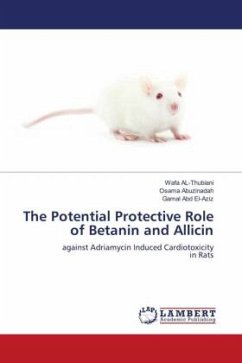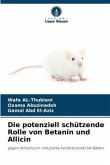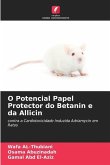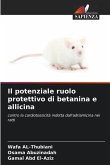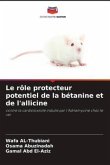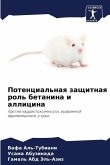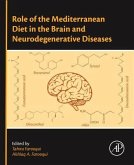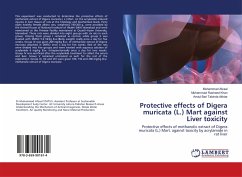The therapeutic usefulness of Adriamycin (ADR), a potent anticancer drug, is restricted due to the development of certain side effects, the most dangerous being cardiotoxicity. This research focused on the possible protective effect of betanin (an active component of beetroots) and allicin (an active element of garlic) against ADR-induced cardiotoxicity in rats.Cardiac toxicity was induced in female Wistar rats with a single i. p. injection of ADR (15 mg/kg, i. p) on the 8th day. Hemodynamic characteristics of the cardiovascular system and electrocardiography (ECG) were evaluated.Betanin and allicin reduced ADR-induced heart damage by inhibiting several pathways, including oxidative stress and inflammation. Betanin and Allicin may serve as promising cardioprotective agents through their antioxidant properties and cytoprotective abilities. Consequently, they may be used as adjuvant treatment during cancer therapy.

